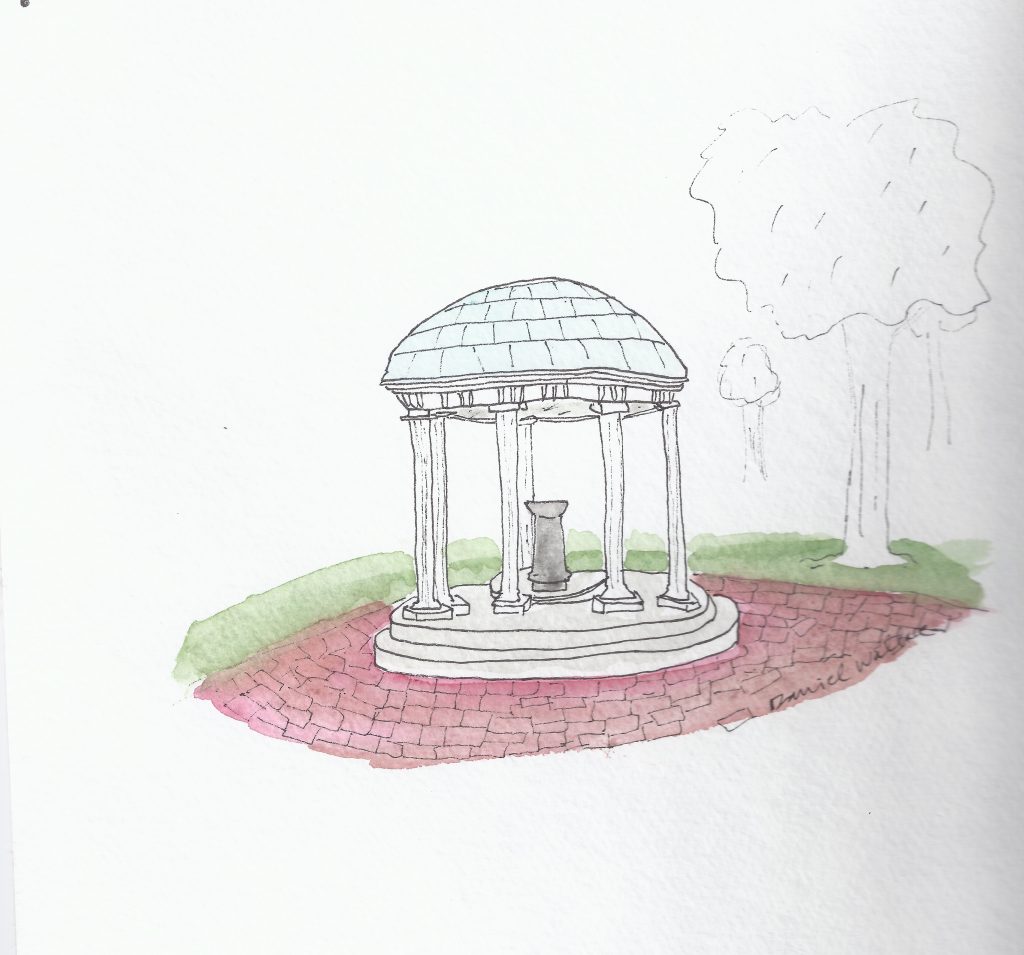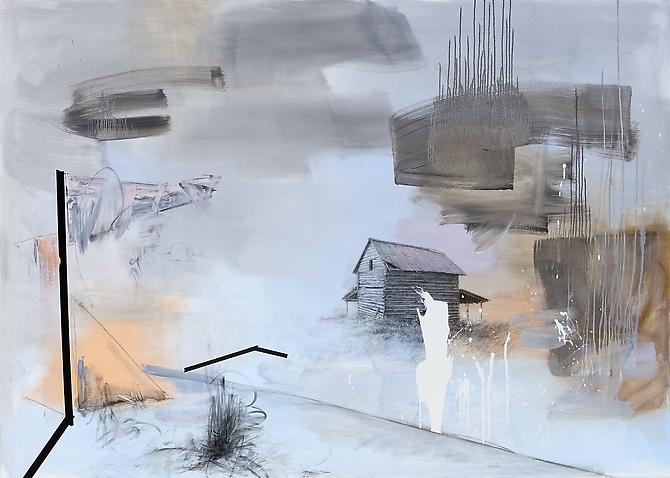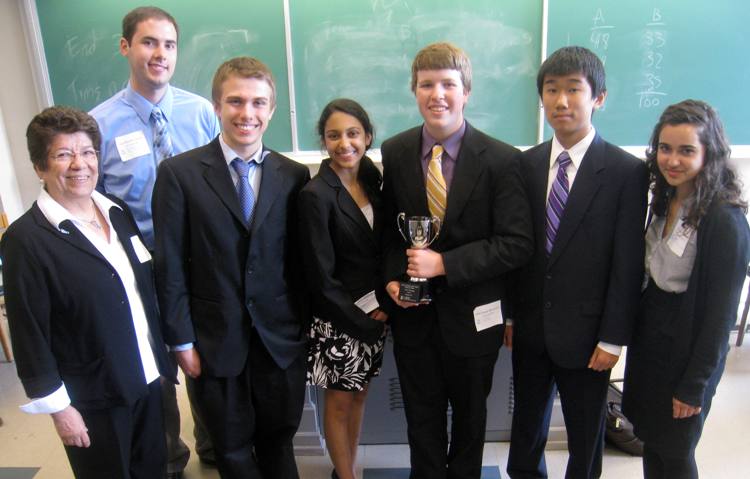 The Process Series at UNC will feature an engaging new work by two poets in February. Co-sponsored by StreetSigns Center for Literature and Performance, Elizabeth T. Gray, Jr. and Elisabeth Lewis Corley’s Geomancy: Divination by Geography will be performed Feb. 13 and 14 at 8 p.m. in Studio 6 of Swain Hall at UNC-Chapel Hill.
The Process Series at UNC will feature an engaging new work by two poets in February. Co-sponsored by StreetSigns Center for Literature and Performance, Elizabeth T. Gray, Jr. and Elisabeth Lewis Corley’s Geomancy: Divination by Geography will be performed Feb. 13 and 14 at 8 p.m. in Studio 6 of Swain Hall at UNC-Chapel Hill.
Soldiers on the Western Front spent months or years in small geographical areas; they lived in the earth, and knew every tree and rubbled farm. Their survival depended on their ability to read the land, and then on their ability to take precise actions to eliminate any threat. Using texts from a poem cycle by contemporary poet Elizabeth T. Gray, Jr. and World War I period texts ranging from poetry to trench songs to military instruction manuals and field maps, Geomancy: Divination by Geography, a performance piece for poetry, dance, and multimedia, explores how those actions morph into ritual, how our sense of safety depends on our deepest connections.
“There were about 100 proposals submitted for our WWI project for the Process Series,” says Joseph Megel, artistic director of the Process Series. “The concepts in the Geomancy proposal were so compelling that it became one of two submissions from the public selected for development. Examining the effect of war on the landscape itself and the idea that geography carries with it memory seemed to me unique ideas to explore through performance. Awareness that layers of earth are built on the ruins, remains, and memory of war gives us a different, and haunting, perspective. Using Gray’s and Corley’s poetry, WWI songs, projections of maps, monuments and dance by AGA Collaborative, this work searches for meaning, then it vibrates.”

“I’m a book person, a text person. It’s been a staggering — and inspiring — experience to see the poems move off the two-dimensional page,” says Gray of the adaptation of her work. “Elisabeth, AGA, and others — like alchemists — have transformed them while remaining true to them. The poems have been interrogated, expanded, changed, blended into other poems and songs, and are now part of this beautiful thing operating in some kind of space-time that I could never, literally never, have imagined. Who else has been lucky enough to have their poems so closely read?”
“This year the university community is engaging in a year-long conversation about World War I on the occasion of its centenary,” says Corley. “I wanted the Gray poems to be a part of that conversation and the Process Series made that possible. It was the voice in the poems that spoke powerfully to me and convinced me the series could be adapted for performance.”
Corley’s work on this project is supported by the 2014-2015 Ella Fountain Pratt Emerging Artists Grant from the Durham Arts Council.
Find more information about the Process Series, which is sponsored by the Institute for the Arts and Humanities in the College of Arts and Sciences, visit processseries.unc.edu. Learn more about the IAH at iah.unc.edu.




